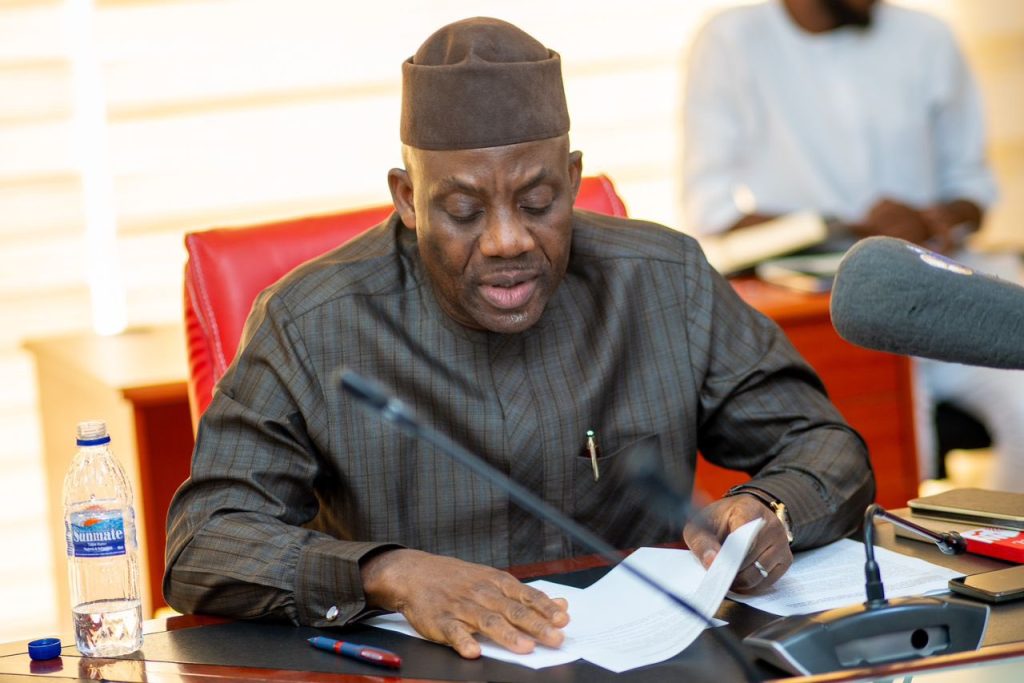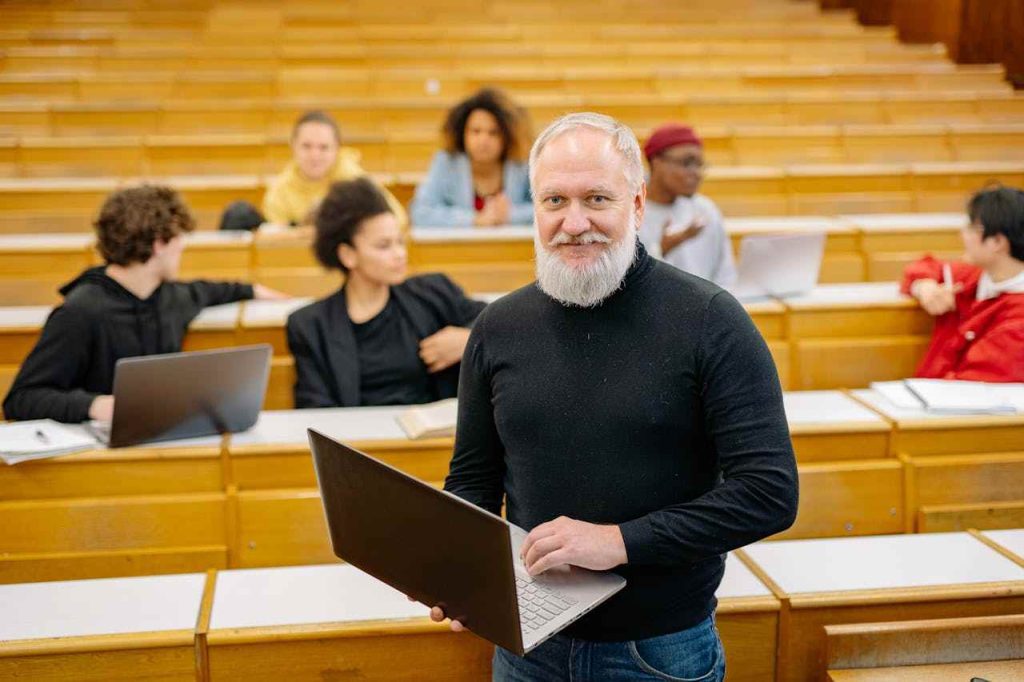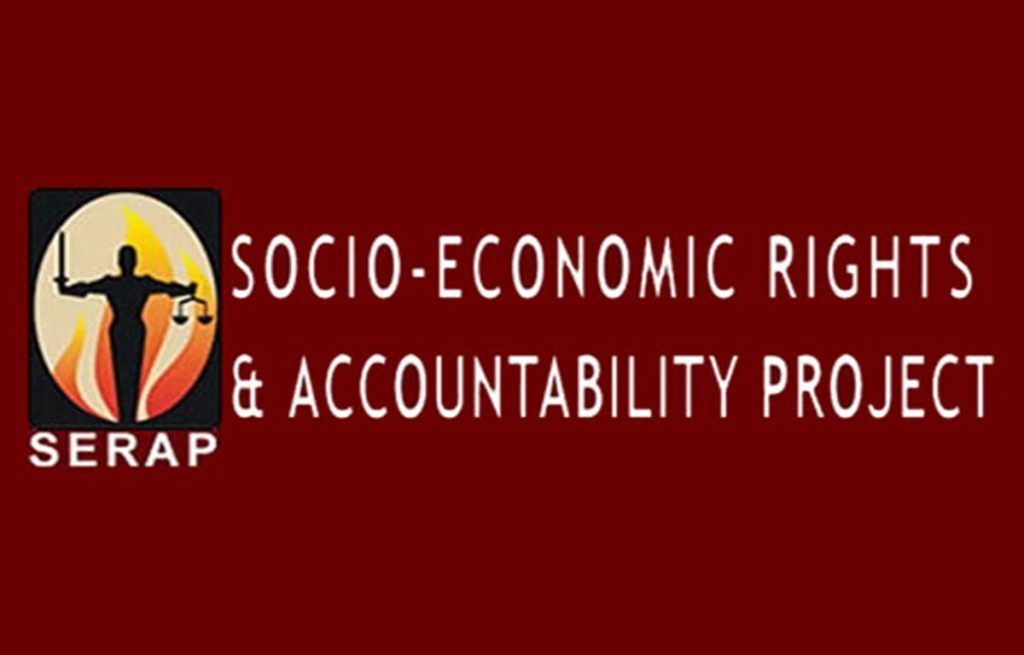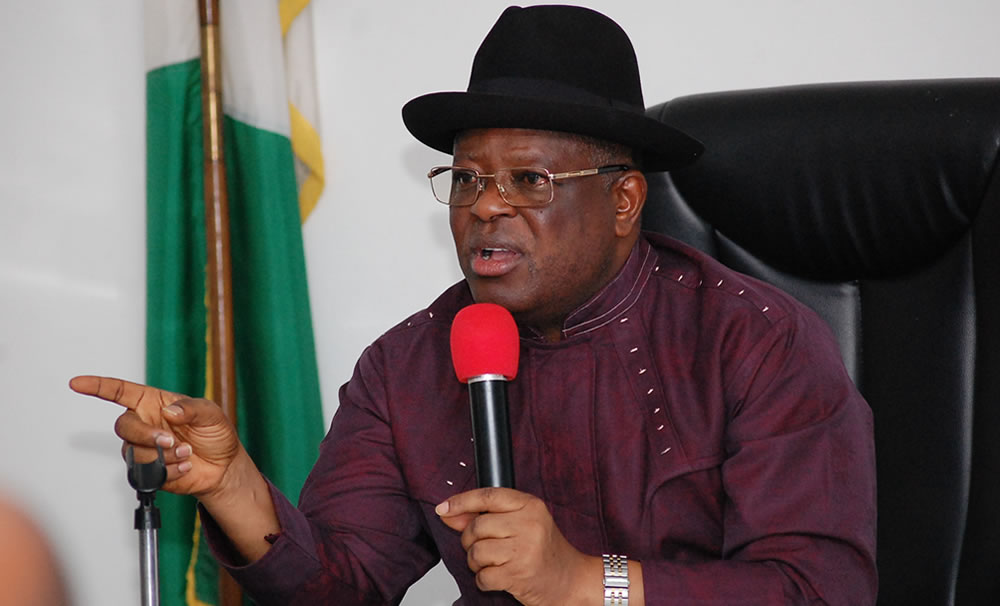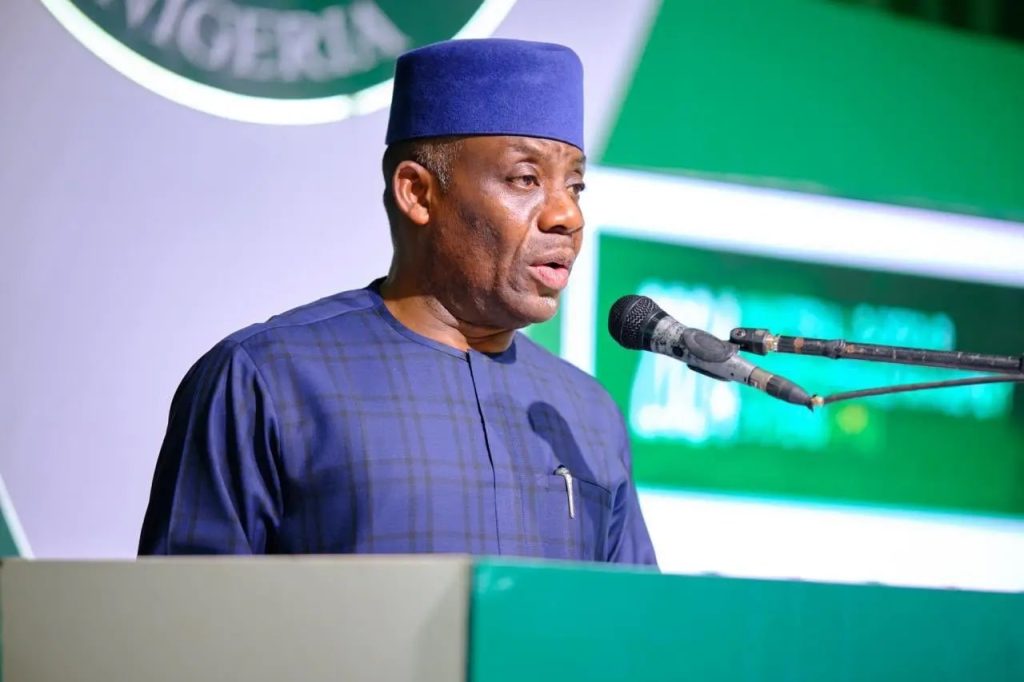In a bold move aimed at reshaping Nigeria’s approach to youth development and employment generation, the Minister of State for Education, Dr. Olatunji Alausa, has proposed an extension of the mandatory National Youth Service Corps (NYSC) programme from one year to two years. The proposal, he explained, would be accompanied by a major expansion of the corps’ Skill Acquisition and Entrepreneurship Development (SAED) training curriculum.
Dr. Alausa made the recommendation during a courtesy visit to the Director-General of the NYSC, Brigadier General Olakunle Akinyemi Nafiu, held on Friday. His comments were later shared through an official statement on the NYSC’s Facebook page.
A Shift Toward National Skill Empowerment
According to the minister, extending the NYSC programme would give Nigerian graduates more time to benefit from structured entrepreneurship and vocational training, helping them build practical skills needed to succeed in the evolving job market.
“The minister advocated the extension of national service from one to two years, with the expansion of NYSC Skill Acquisition and Entrepreneurship Development Training Programme content for corps members,” the NYSC post read.
The SAED programme, launched in 2012, was designed to reduce unemployment among graduates by equipping them with practical knowledge in areas such as ICT, fashion, agro-allied industries, and crafts. Alausa believes a longer service period would allow corps members to undergo more robust, hands-on training, thereby improving their chances of becoming job creators instead of job seekers.
Addressing Rural Manpower Shortages Through Strategic Deployment
In addition to extending the programme, Dr. Alausa emphasized the urgent need to deploy more corps members—particularly graduate teachers—to rural areas, where public services remain underdeveloped.
He noted that Nigeria faces a serious shortage of qualified teachers, especially in underserved communities. Utilizing NYSC personnel to bridge this gap, he argued, would not only boost education outcomes in rural regions but also give young professionals a sense of national duty.
Call for Inclusive Service Policies and Graduate Database
Dr. Alausa also addressed longstanding concerns about the exclusion of certain categories of graduates from national service. Specifically, he discussed the issue surrounding Ordinary National Diploma (OND) part-time graduates who later completed full-time Higher National Diploma (HND) programmes, but were still exempted from NYSC participation.
His remarks suggest a broader push for reforms in NYSC eligibility, aimed at making the programme more inclusive and responsive to educational realities.
In response, the NYSC Director-General, Brigadier General Nafiu, expressed support for initiatives that align with the evolving needs of the country. He further proposed the creation of a national database to track Nigerian youths studying abroad, which he said would help identify fake foreign graduates and guide policy decisions.
“NYSC is ready to comply with policy guidelines as directed by the Federal Government,” Nafiu affirmed. “We are also trying to reform the Scheme to conform with present national needs.”
Broader Implications: NYSC as a Tool for National Development
If implemented, the proposed reforms could mark the most significant transformation of the NYSC scheme since its inception in 1973. Originally introduced to promote national unity and integration following the Nigerian Civil War, NYSC has become a rite of passage for Nigerian university and polytechnic graduates.
In recent years, however, growing unemployment, economic instability, and concerns about the programme’s relevance have spurred debate over its structure and objectives. Critics have argued that many corps members are underutilized, particularly in urban postings where real service opportunities are limited.
Dr. Alausa’s proposal repositions NYSC as a vehicle for national economic development, not just social cohesion. By expanding its duration and entrepreneurial training, the scheme could become a pipeline for small businesses, artisans, and innovation-driven startups, especially if corps members receive seed funding and mentorship upon completion of their training.
Public Reaction Likely Mixed Amid Economic Pressure
While the minister’s intentions appear well-meaning, the suggestion to extend NYSC to two years is likely to trigger mixed reactions from graduates, families, and education stakeholders. Many young Nigerians already face economic uncertainty upon graduation, and a longer service commitment could delay career progression or postgraduate studies.
Moreover, extending the programme would place additional financial and administrative burdens on the government. Housing, feeding, and paying allowances to corps members over a longer period would require increased budgetary allocation and improved infrastructure in NYSC camps and posting locations.
To win public support, analysts suggest the government must present a clear roadmap, including:
-
A funding strategy for the extended programme.
-
Tangible economic incentives for participants, such as business grants.
-
An effective mechanism for monitoring and evaluating SAED outcomes.
What Happens Next?
At this stage, the minister’s comments represent a recommendation, not policy. For any change to take effect, it would require legislative backing, possibly including amendments to the NYSC Act, and extensive stakeholder consultations.
Nevertheless, the proposal has reignited public discourse on the future of the NYSC and its role in nation-building. As Nigeria grapples with youth unemployment, education reform, and rural underdevelopment, the scheme’s evolution may prove to be both necessary and transformative.

